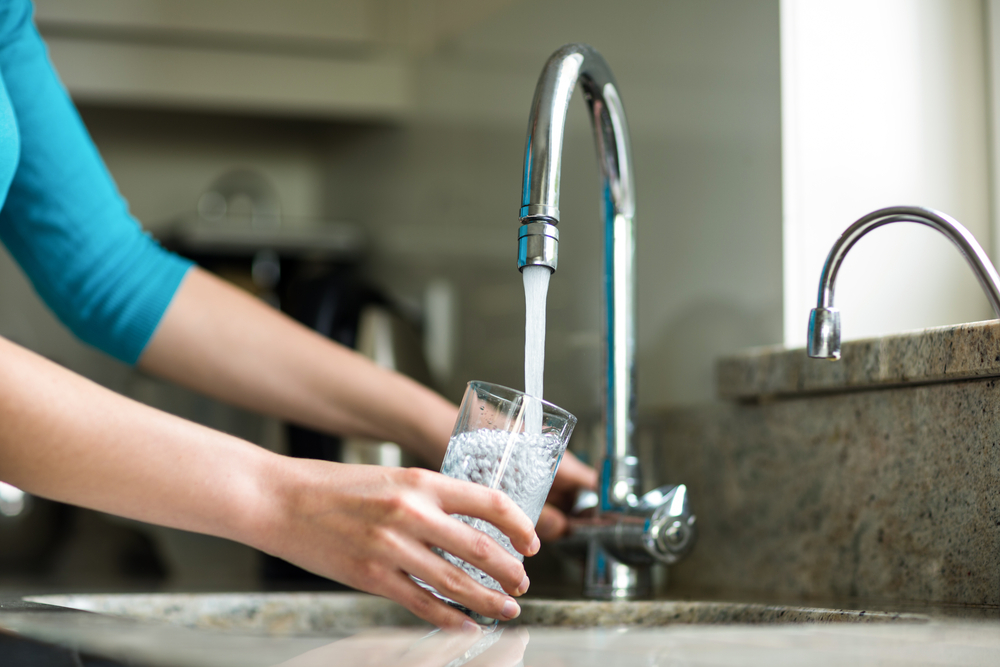Installing a water filtration system helps prevent you and your family from consuming polluted water straight from the tap and helps you save money by no longer needing to purchase plastic water bottles, which also helps the environment! Buying the right water filter for your home can help rid industrial chemicals, pesticides, microorganisms and other contaminants that commonly end up in your tap water. If you’re not sure which water filtration system is right for you, check out some options below!
Reverse Osmosis
Reverse osmosis filtration systems are great for removing harmful toxins like asbestos, as well as large amounts of metal, salt and other minerals and microorganisms. How does it work? It removes these contaminants by pressurizing and passing the water through a semi-permeable membrane. This membrane pushes the water molecules through while trapping the toxins you don’t want in your drinking water. The filters for this system should be replaced once a year, and the reverse osmosis membrane should be replaced every three to five years.
Carbon Filter
Not all carbon filters are created equally and which one is best for you depends on the chemicals your treatment plant uses as well as how environmentally-friendly you’re looking to be. Activated charcoal filters remove lead, copper, some pesticides and chlorination byproducts from the water by pulling these positively charged impurities from the water and bonding them to the negatively charged carbon. While activated carbon filters can also reduce the chlorine taste and odor found in treated water, only a catalytic carbon filter is powerful enough to rid water of chloramine. Carbon filters should be replaced about every six months.
Three-Stage Filter
A mixed-media filter, also known as a three-stage filter, can be made from a variety of substances and often consists of a mix to capitalize on removing impurities and toxins found in the water. The various stages focus on removing different impurities, such as a sediment or gravel filter to remove larger particles, a second filter composed of copper and zinc to turn chlorine into chloride and a carbon filter to remove microscopic particles. Because of their design, this filter does capitalize on removing more particles than a sand filter, and it often lasts longer than a traditional sand filter.
Kinetic Degradation Fluxion (KDF)
This type of filtration system uses copper and zinc as its base and is designed to diminish the amount of heavy metals found in tap water, such as iron and hydrogen sulfide. This type of filter also helps prevent bacteria and algae from finding their way in your drinking water and effectively removes chlorine. While this filter does perform better at higher temperatures compared to a carbon filter, it does not do as well removing chloramine.
If you have any questions, give us a call at 1-800-989-0299! We’re here 24/7 for all your plumbing and HVAC needs.


